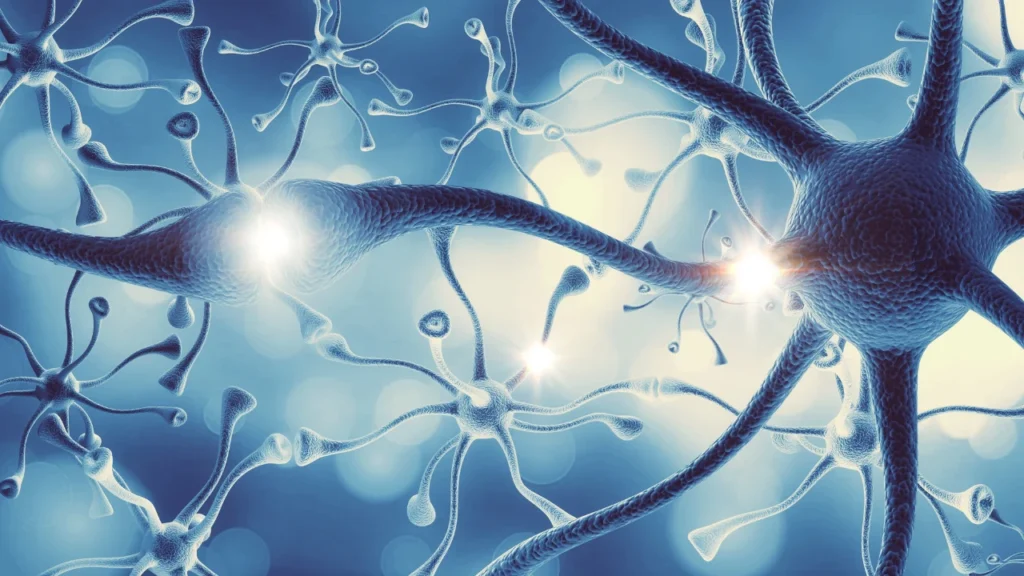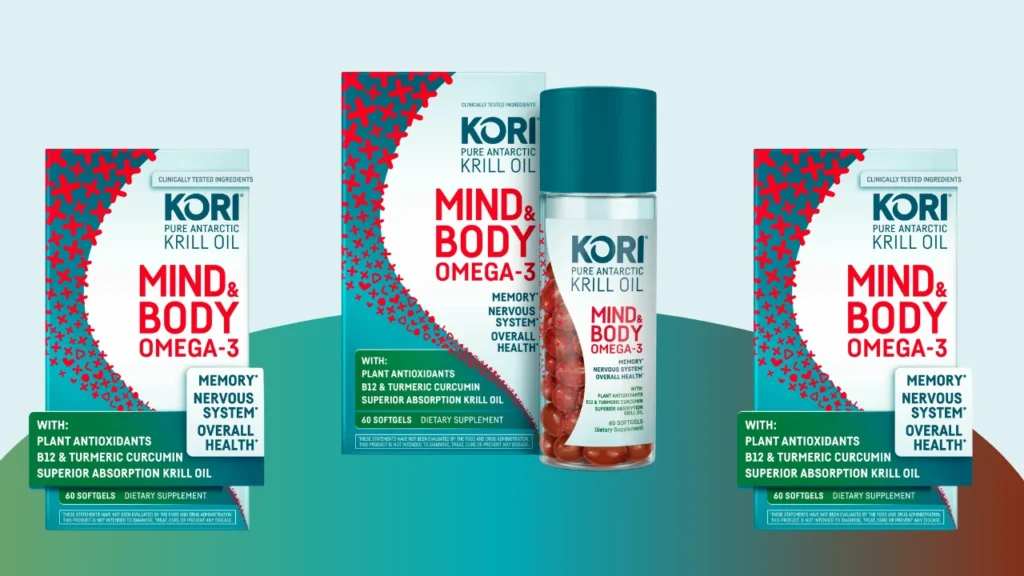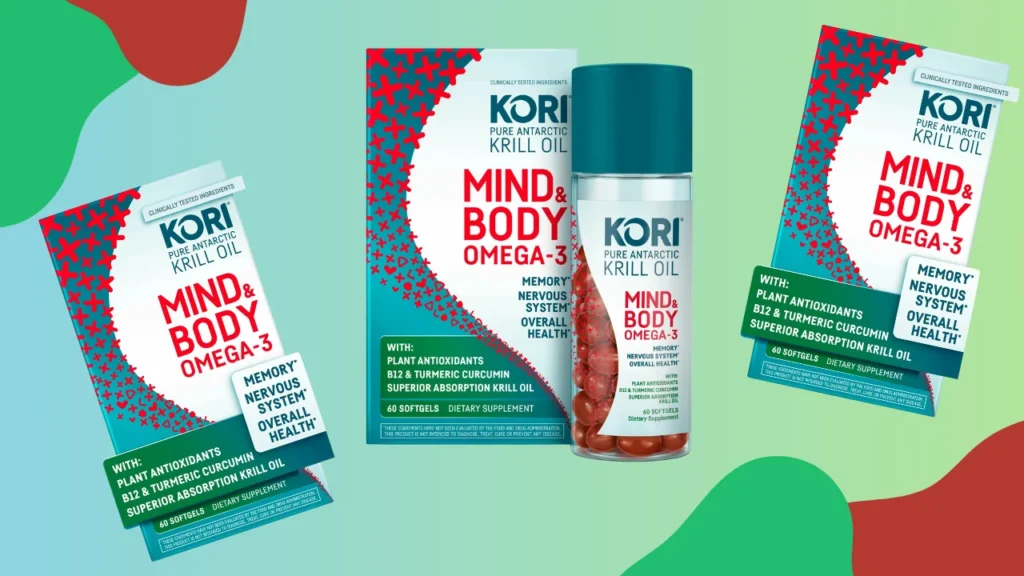Natural health supplements, in particular fish oil supplements, have gained immense popularity among Americans seeking to boost their omega-3 fatty acid intake for overall health. According to recent statistics from the National Institutes of Health (NIH), approximately 10% of adults in the United States consume fish oil supplements regularly, driven by a growing awareness of the numerous health benefits associated with omega-3 fatty acids.
However, what many may not realize is that these supplements also contain choline, a vital nutrient with diverse health benefits. Despite its inclusion in fish oil capsules, choline often goes unnoticed by consumers, overshadowed by the spotlight on omega-3s. Yet, choline plays a crucial role in various bodily functions, including brain health, liver function, and cell membrane structure. This underappreciated nutrient underscores the multifaceted benefits of fish oil supplements beyond their omega-3 content, emphasizing the need for a comprehensive understanding of nutrition.
In this article, we’ll delve into the many benefits of choline and how you can add it to your supplement regimen.
You May Also Like:
5 Great Ways To Reduce Stress And Elevate Mood Without Alcohol
Boost Your Mood and Mind: The Top 5 St John’s Wort Reviews
The many benefits of high choline foods: What is choline?
Choline is a vital nutrient essential for various physiological functions in the body. It serves as a precursor to acetylcholine, a neurotransmitter crucial for muscle control, memory, and cognitive functions. Additionally, choline is necessary for synthesizing phospholipids, which maintain cell structure, and it plays a role in lipid metabolism, neurotransmitter synthesis, and liver health. Maintaining an adequate choline intake is important for overall health, particularly during pregnancy for fetal brain development. Fortunately, choline can be obtained from a variety of foods such as eggs, meat, fish, dairy products, nuts, and vegetables.
The many benefits of high choline foods: mood
Choline plays a significant role in mood regulation and cognitive function. Its involvement in neurotransmitter synthesis, particularly acetylcholine, influences mood stability and cognitive processes. Acetylcholine facilitates communication between nerve cells and is essential for memory, learning, and attention. Studies have suggested that choline deficiency may lead to alterations in brain chemistry, potentially contributing to mood disorders such as depression and anxiety.
Furthermore, choline is a precursor to betaine, a compound involved in methylation reactions. Methylation, a crucial biochemical process, regulates gene expression and neurotransmitter metabolism. By supporting methylation pathways, choline indirectly influences mood by modulating the production of neurotransmitters like serotonin, dopamine, and norepinephrine, all known to impact mood regulation and emotional well-being.
Research has shown that adequate choline intake is associated with improved mood and cognitive function. Conversely, low choline levels have been linked to an increased risk of depression and cognitive decline. In clinical trials, choline supplementation has demonstrated potential antidepressant effects, although further research is needed to understand its mechanisms of action fully.
Overall, maintaining optimal choline levels through dietary sources or supplementation may contribute to enhanced mood stability and cognitive performance, providing a holistic approach to supporting mental health and well-being.

The many benefits of high choline foods: memory
Choline plays a vital role in cognitive function, including memory formation and retention. As a precursor to acetylcholine, choline influences the brain’s ability to encode, store, and retrieve information. This influence is particularly noteworthy in the hippocampus, a critical brain region responsible for learning and memory, where acetylcholine acts as a signaling molecule, facilitating communication between neurons.
Studies have shown that choline deficiency can impair memory function and cognitive performance. In animal models, inadequate choline intake during critical stages of brain development has been associated with deficits in spatial memory and learning ability. Conversely, increasing choline levels through dietary supplementation or enriched diets has been shown to enhance memory performance in both animal and human studies.
Furthermore, choline is involved in methylation reactions, which play a crucial role in regulating gene expression and synaptic plasticity—the brain’s ability to adapt and form new connections in response to experience. Methylation processes influence the expression of genes integral to memory consolidation and synaptic strength, thereby modulating the neural circuits underlying learning and memory.
Emerging research suggests that choline supplementation may offer cognitive benefits, particularly for populations susceptible to choline deficiency or cognitive decline, such as older adults or people with neurodegenerative disorders. Clinical trials investigating the effects of choline supplementation on memory function have reported promising results, though further research is needed to determine the optimal dosage, timing, and long-term effects.

The many benefits of high choline foods: muscle function
Choline assumes a multifaceted role in supporting muscle function and control throughout the body. One of its primary functions is as a component of acetylcholine, a neurotransmitter that serves as the chemical messenger between nerves and muscles. Acetylcholine facilitates muscle contractions and coordinates movement by binding to receptors on muscle cells, initiating a series of events that lead to muscle contraction. Without adequate choline levels, the production of acetylcholine may be impaired, affecting muscle function and control.
Furthermore, choline is involved in maintaining the structural integrity of cell membranes, including those of muscle cells. It contributes to the formation of phospholipids, which are essential components of cell membranes. Optimal membrane structure is crucial for the efficient transmission of nerve impulses and the proper functioning of ion channels, which are essential for muscle contraction and relaxation.
Choline also plays a role in modulating inflammation and oxidative stress, both of which can impact muscle health and function. Chronic inflammation and oxidative stress can lead to muscle damage and impaired muscle function over time. Choline may help preserve muscle integrity and function by supporting antioxidant defenses and reducing inflammation.
Additionally, choline contributes to the synthesis of creatine, a compound stored in muscle cells that serves as a rapid source of energy during short bursts of intense physical activity. Creatine phosphate, the active form of creatine, helps replenish adenosine triphosphate (ATP), the primary energy currency of cells; this process allows muscles to sustain high-intensity contractions. Therefore, adequate choline levels indirectly support muscle performance by ensuring optimal creatine synthesis and availability.
Overall, choline plays a vital role in maintaining muscle health and function by supporting neurotransmission, cell membrane integrity, antioxidant defenses, and energy metabolism. Adequate choline intake through diet or supplementation is essential for promoting optimal muscle function and control, contributing to overall physical performance and well-being.

The many benefits of high choline foods: choline-rich foods
Choline is found abundantly in various foods, making it relatively easy to incorporate into a balanced diet. Among the most notable sources is eggs, with both the yolk and the white containing significant amounts. Consuming one large egg provides approximately 147 milligrams of choline, making eggs a convenient and versatile choline source.
Another excellent source of choline is liver, particularly beef liver, which is not only rich in choline but also packed with other essential nutrients like iron and vitamin A. Additionally, meats such as chicken, turkey, and pork contain substantial amounts of choline, especially in the darker cuts and organ meats.
Certain seafood and fish are also good sources of choline. Salmon, cod, shrimp, and scallops are among the seafood options that provide significant choline content. Fish, in general, is not only rich in choline but also offers omega-3 fatty acids, which further contribute to overall health.
For those following a plant-based diet, there are also choline-rich options available. Cruciferous vegetables like broccoli and Brussels sprouts are notable sources of choline, as are certain legumes like chickpeas and lentils. Additionally, nuts and seeds, particularly sunflower seeds and peanuts, contain decent amounts of choline.
Dairy products like milk, cheese, and yogurt are also sources of choline. While not as rich in choline as eggs or liver, regular consumption of dairy products as part of a balanced diet still contributes to overall choline intake.

The many benefits of high choline foods: exploring krill oil
For those who may not have the time to prepare choline-rich meals and would prefer to take a convenient supplement, krill oil capsules present a compelling option.
Krill oil, derived from small oceanic crustaceans, is a supplement renowned for its richness in omega-3 fatty acids, particularly EPA (eicosapentaenoic acid) and DHA (docosahexaenoic acid), which are essential for various aspects of health. Krill oil also contains phospholipids, and choline, making it a unique and valuable dietary supplement.
One of the reasons krill oil is an excellent source of choline is because it contains phosphatidylcholine, a phospholipid that serves as a precursor to choline. Supplementing with krill oil can be an effective way to increase choline intake, particularly for people who may not consume enough choline-rich foods in their diet. By providing phosphatidylcholine, krill oil supports choline levels in the body, potentially benefiting cognitive function, cardiovascular health, and liver function.
Moreover, krill oil offers additional benefits beyond choline. The omega-3 fatty acids EPA and DHA found in krill oil have anti-inflammatory properties, supporting heart health, brain function, and joint health.
There are many high-quality krill oil supplements on the market today and choosing the right one can be overwhelming. Kori Krill Oil Mind & Body Omega-3 stands out as a notable option, especially for those seeking to supplement with krill oil while prioritizing sustainability and nutrient absorption. With its MSC-certified global supplier and an “A” rating for well-managed fisheries from the Sustainable Fisheries Partnership, Kori Krill Oil maintains high sustainability standards, ensuring responsible sourcing practices and environmental responsibility.
Kori Krill Oil Mind & Body Omega-3 also contains curcumin, a compound derived from turmeric known for its anti-inflammatory and antioxidant properties. When combined with choline, curcumin has the potential to enhance cognitive benefits, particularly in supporting brain health and cognitive function. Curcumin’s neuroprotective effects complement choline’s role in neurotransmitter synthesis, potentially synergizing to promote cognitive performance and overall brain health. By incorporating curcumin into its formulation, Kori Krill Oil Mind & Body Omega-3 offers a comprehensive approach to supporting cognitive function and overall well-being.
Furthermore, Kori Krill Oil Mind & Body Omega-3 is reasonably priced at $26.99, making it a viable option for those seeking the benefits of choline without compromising on quality.
As a gentle reminder, it is prudent to consult with healthcare professionals before incorporating any new supplement into your wellness routine to ensure compatibility with individual health needs and to address any potential interactions with existing medications or conditions.

The many benefits of high choline foods: beyond choline
While choline plays a crucial role in promoting mood, memory, and muscle health, it’s just one component of a comprehensive approach to optimizing these functions. To enhance its effects, incorporating other nutrients and lifestyle changes is essential. For mood enhancement, omega-3 fatty acids found in fish oil and krill oil can complement choline’s benefits. These fatty acids support brain health, neurotransmitter function, and mood regulation. Additionally, maintaining stable blood sugar levels through a balanced diet rich in complex carbohydrates, proteins, and healthy fats can help prevent mood swings and promote overall emotional well-being.
Memory function can be further supported by antioxidants such as vitamins E and C, which protect brain cells from oxidative stress and inflammation. Foods rich in antioxidants, like berries, nuts, and leafy greens, can be valuable additions to the diet. Furthermore, engaging in regular physical activity has been shown to enhance cognitive function and memory retention. Exercise increases blood flow to the brain, stimulates the release of neurotrophic factors, and promotes the growth of new neurons, collectively contributing to improved memory performance.
In terms of muscle health, protein is a vital nutrient that works synergistically with choline. Proteins supply the necessary amino acids for muscle repair, growth, and maintenance. Including lean protein sources such as poultry, fish, tofu, and legumes in your diet supports muscle health and function. Maintaining adequate hydration is also essential for muscle performance and recovery. Drinking enough water ensures proper nutrient delivery to muscle cells and helps prevent dehydration-related muscle cramps and fatigue.
Moreover, getting enough quality sleep is crucial for mood regulation, memory consolidation, and muscle recovery. During sleep, the brain processes information from the day, consolidates memories, and regulates mood-related neurotransmitters. Adequate rest also allows muscles to repair and grow, optimizing physical performance and recovery. Therefore, prioritizing healthy sleep habits, such as maintaining a consistent sleep schedule and creating a relaxing bedtime routine, is essential for overall well-being.
By incorporating these nutrients and lifestyle changes alongside choline-rich supplements like Kori Krill Oil Mind & Body Omega-3, people can maximize the benefits for mood, memory, and muscle health and lead all-around healthier lives.

Further Reading
Lipids in Health and Disease: Supplementation of krill oil with high phospholipid content increases sum of EPA and DHA in erythrocytes compared with low phospholipid krill oil
Foods: Curcumin: A Review of Its’ Effects on Human Health
Parade: How To Get More Choline, According to Registered Dietitians
CNBC: The most ‘underrated’ nutrient 90% of Americans are lacking—it ‘boosts brain health,’ says dietitian
Medical News Today: What is choline? Benefits, deficiency, and sources
Important Note: The information contained in this article is for general informational purposes only, and should not be construed as health or medical advice, nor is it intended to diagnose, prevent, treat, or cure any disease or health condition. Before embarking on any diet, fitness regimen, or program of nutritional supplementation, it is advisable to consult your healthcare professional in order to determine its safety and probable efficacy in terms of your individual state of health.
Regarding Nutritional Supplements Or Other Non-Prescription Health Products: If any nutritional supplements or other non-prescription health products are mentioned in the foregoing article, any claims or statements made about them have not been evaluated by the U.S. Food and Drug Administration, and such nutritional supplements or other health products are not intended to diagnose, treat, cure, or prevent any disease.


